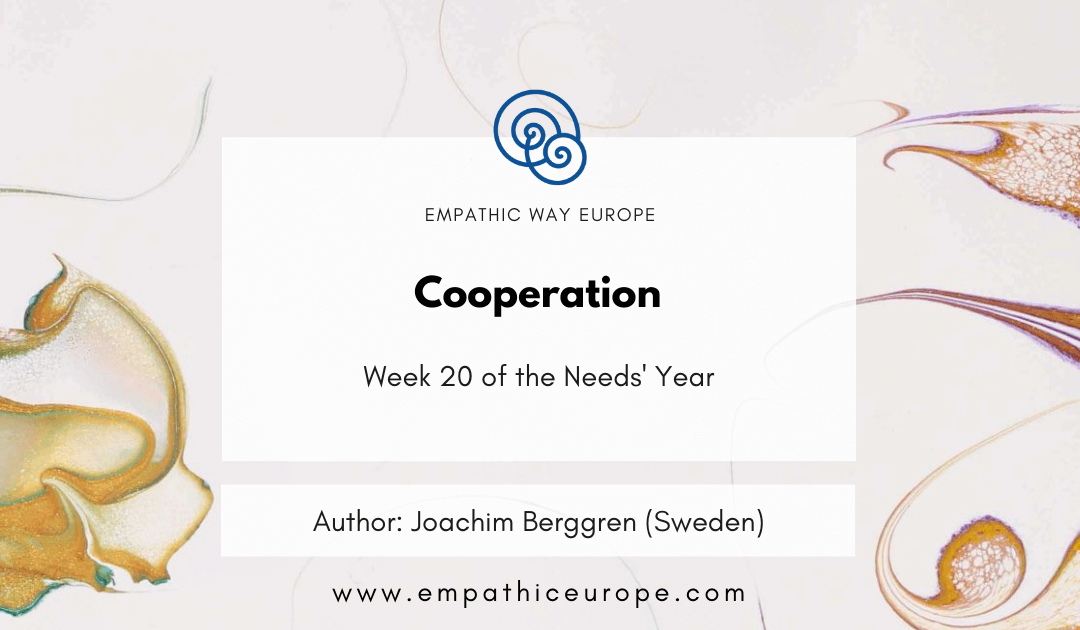After the young man broke the door open using the crowbar, me and Anni carried the table into the apartment. Then a couple came carrying a mattress and behind them a person with a chair. While the adrenaline was still pulsating in my veins, someone put a new lock on the door. After this we waited for the police. When they arrived, a man claimed he was going to live in the apartment. My Swedish friend and I now had our own squat!
In Amsterdam, the Netherlands, in the 80’s it was legal to occupy empty houses and apartments. In collaboration with the local occupation agency (yes, they had at least eight such offices in Amsterdam), there were 20 Dutch people who helped us organise and participate in this occupation. Even if Anni and I would have had all the practical and legal knowledge, we wouldn’t have been able to do this without the help of Dutch citizens (you couldn’t squat legally as a foreigner). None of the activists had anything personal to gain from us, two young punks from Sweden, getting an apartment.
An individual-centred culture
In large parts of the western world, there is a strong culture of individuality. We want to manage ourselves, be autonomous and not dependent on others. I appreciate great parts of this culture. I want to be able to make my own decisions and to choose how I want to live my life. When I look at strongly collective cultures, there can be elements of obedience to authority, and to a greater extent being subordinate to the dominant culture.
However, there is an imagination that we can live independent lives, an idea of the sovereign individual. When I leave my own apartment, get into my own car to go to work, stop at the grocery store and buy ingredients for my own meal, I make a number of individual choices. I often make these choices unaware of the cooperation of thousands of people behind each of my decisions.
Cooperation as a fundamental condition
People have worked in mines, on land and at sea to produce raw materials. These raw materials have been processed in various industries to produce goods. All of these goods have been manufactured into vehicles, buildings, roads and countless other products. People have transported, sold and stored these products so that I can finally consume them.
Cooperation is one of human kind’s foremost characteristics. Without cooperation, we would not be where we are today. If we had not cooperated, we would not have survived as a species. From prehistoric times, where we hunted and gathered plants together, to today’s complex society, cooperation runs like a common thread. We are all connected. We are all dependent on each other. On our own we don’t create much.
My existence is the result of thousands of generations and their decisions. Most, if not all, of my thoughts and values are the result of the culture I grew up in. My material surroundings have been created by millions of people, living in the present and in the past. The basis of my ability to make my own choices in the world as a sovereign individual is the result of the collective cooperating humanity.
Being aware of the need for cooperation
The awareness of cooperation as a prerequisite for my own existence makes me more humble in the face of my own accomplishments. If I succeed in something, I have a tendency to praise myself (and vice versa, when I fail, I tend to blame external circumstances, rather than my own efforts). But virtually nothing I do happens in an individual vacuum.
I want to keep all this in mind when I choose to collaborate with people. When creating events I have noticed that I like both doing things myself and together with others. I want to choose to cooperate when I see that the result of my efforts exceeds what I could have achieved on my own. Sometimes I also want to choose to collaborate because of the pure joy in hanging around other people. Being aware of the need for cooperation helps me make more informed choices.
What are your best experiences of cooperation?
Leave a comment below or, if you are a Premium subscriber of “The Needs’ Year”, at the online platform: https://empathiceurope.com/online/courses/the-needs-year/modules/week-20/
Author
Joachim Berggren (CNVC Certified Trainer)
_ _ _ _
On 19 May at 18:00-18:45 CEST, you can participate in a Zoom Talk with me and Ian Peatey. We will talk about the need for cooperation.
Sign up for the Needs’ Year and you will receive a link to Zoom.
If you read this afterwards, you can watch the recording when you become a premium subscriber. Check the details HERE.

